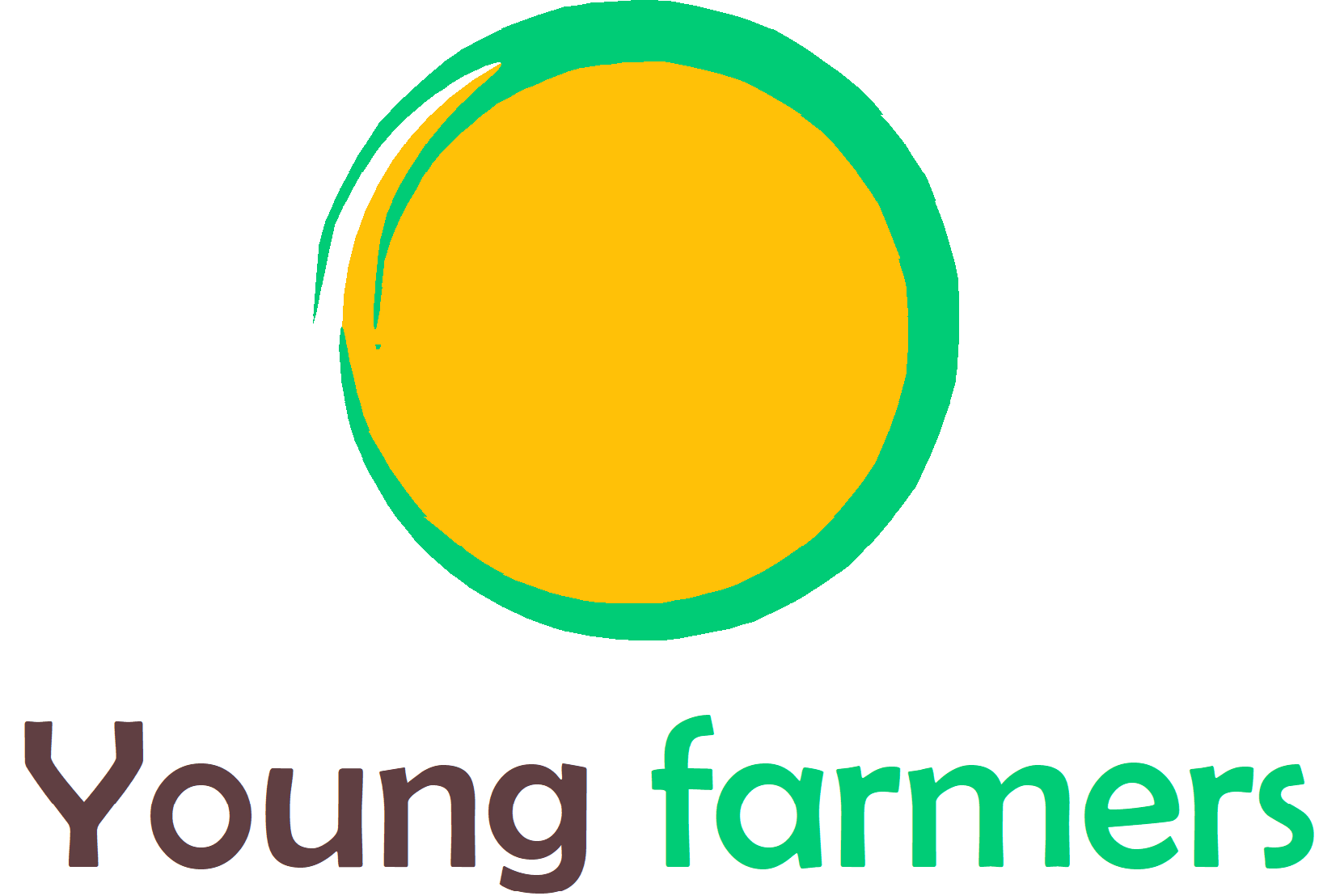Promoting and sustaining the long-term benefits of the Young Farmers project

Rural economy and the agriculture sector in general struggle to gain interest among young Europeans. The European Commission responded to this gap by fostering new measures to help the sector in retaining young (aspiring) entrepreneurs and nurture the overall attractiveness of the industry as a potential outlet for new business ideas, new career paths, and most importantly, new “energies”, and new entrepreneurial spirits. But young farmers as a specific category are seldom addressed.
For instance, thanks to the Rural Development Programme (co-financed by the European fund for rural development (EAFRD) and national budgets), in the 2014-2020 period, more than EUR 160 Billion have been allocated with the specific aim to: promote new innovative model for strategic partners between socio-economic agents operating in the sector, develop and disseminate new risk management framework, enhance the competitiveness of small farms, facilitate access to finance and credit, and finally, to sustain the business start-up of new-born firms managed by young farmers (under the target for farm viability and competitiveness).
The Young Farmers (YF) project – a transnational project co-financed by the Erasmus+ Programme of the EU commission – provides for continuity to this stream of initiatives and aims at building and valorising entrepreneurial capacity building opportunities for EU Young Farmers.
A key objective of the YF project is to provide for robust, reliable and experience based triggers for project’s upscaling and replicability at the use of STKHs and other groups of interest potentially interested in the design, development and implementation of YF-like initiative – or the embedment of YF’s deliverables as a whole within their services.
These set of “triggers” come in two different forms:
| Guidelines for uptake |
| The Guidelines are targeted at practitioners involved in the ecosystem of: VET, entrepreneurial support, business literacy, etc. (even more so if their specific industry of interest is represented by primary sector, agriculture, rural entrepreneurship, farming, and so on), and it is meant to provide for clear, precise, punctual, and practical guidelines on how to implement within their ecosystem of practice YOUNG FARMERS-like initiatives. The Guidelines represent a “storytelling” of the experience; know how, takeaways, and recommendations collected by partners with particular reference to these cycles of development. |
| Policy Recommendations |
| The Policy Recommendations interact with the policy domain and describes mainstreaming challenges / opportunities of interest for policy intervention in the field of rural development, rural entrepreneurship, primary sector development, education and training in general, as a follow-up to the needs-assessment carried out by partners during the 2-year period of implementation, it integrates with specific point of discussion capable of triggering policy action. The focus comes on what policy makers can do to enhance the competitiveness of the sector and its participants: we wish to provide them “calls for action”, focusing their actions on specific dynamics & phenomena that would deserve specific attention. |
To know more about the project, and access the training and education curricula made available for free and in multilanguage version, please visit the official OER platform of the project: www.young-farmers.eu
